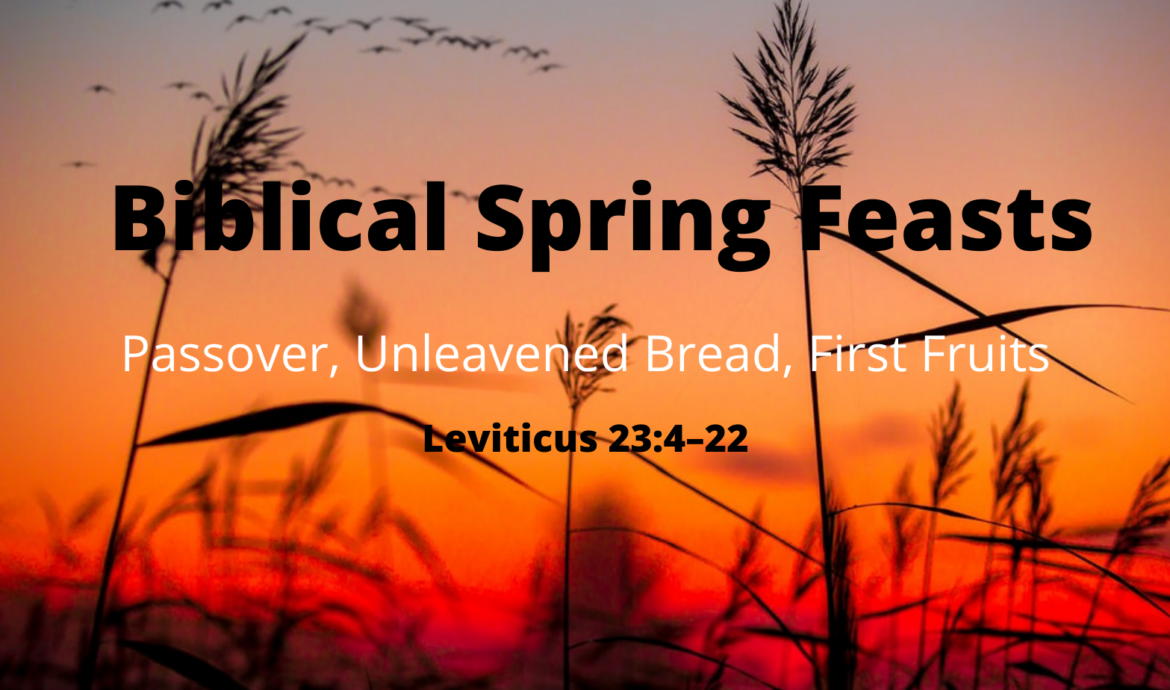
Why I Celebrate The Week of Unleavened Bread
Biblical Living . God's Calendar and Biblical Feasts . Holidays . Spring Feasts . Torah/Bible The Biblical Feasts are such beautiful celebrations of God’s love for His people. When I first learned about them I was overwhelmed and unsure how to celebrate each one.
The Biblical Feasts are such beautiful celebrations of God’s love for His people. When I first learned about them I was overwhelmed and unsure how to celebrate each one.
Now many years later, I look forward to each feast and can’t wait to do them.
Often people know the feasts Passover, Hanukah, and even Purim. But few know that there are several Biblical feasts that God gave to His people, Israel. Most people also do not realize that if they call themselves a believer in Jesus Christ, that they are grafted into God’s family, Israel.
In Leviticus 23, Yehovah God outlines for His children all his set apart holidays, Holy Days. These are special times for His children to meet with Him and remember Him their Creator and Redeemer. I have written posts on several of these holidays, including the weekly Sabbath. So, I won’t focus on that right now.
Today, I want to write about the Week of Unleavened Bread. Often the Jewish community calls this whole week Passover. But technically if we read closely in Scripture, the evening of the 14th day of the first month of the Biblical year is the night of Passover. Then starting at sundown that night begins the 15th day, which is called Day one of Unleavened Bread. This day is a Holy Day to be set apart as a sabbath day, no going to work. This is the beginning of a seven day observance of eating unleavened bread. On the seventh and final day of this feast, it is another Holy Day, and again a sabbath, no going to work day.
So, How do we memorialize this holiday in our home here in Michigan away from the Promised Land.
We do the best we can.
First, we clean our house really good, making sure there is no leaven (that is yeast, sour dough, etc.) in our home. Although, deep cleaning isn’t commanded, we like to do our Spring cleaning at this time. On the night of Passover my husband checks the house over to be certain we have gotten all the leaven out. During the housekeeping process, we also look at our lives and ask ourselves if we have allowed sin to creep into our hearts and lives, and we repent and clean out that leaven too. Once we have cleaned the house and our hearts, we prepare to gather with other believers on the 15th day.
The first Day of Unleavened Bread is a Sabbath.
This is a sabbath, but we are allowed to do things to prepare to celebrate with others. Things like cooking food and cleaning up. But we see in God’s commands that we are not to go to our place of employment or cause others to work for us.
The seventh day is also a sabbath from our regular work.
For our family we prepare a fun afternoon of worship, testimony, scripture, games, and dancing, and lots of good food. We usually rent a building and gather with others. We have these gatherings on the first and last day of the week celebration that starts on the 15th day of Aviv and ends on the 21st day.
Everyone is commanded to eat unleavened bread every single day of the feast, and to not have any leaven until the feast is over.
Why do I celebrate this feast?
What is the point?
God commanded His people to celebrate his appointed times forever. He meant for us to celebrate it in the Promised land. But, even now we can and should celebrate them as memorials to Yehovah.
We celebrate these feasts to remind ourselves of what God has done, and what He has promised to do.
God freed the Israelites from slavery and they left in such a hurry they had no risen bread to eat. They were forced to eat bread without leavening. But, it was a hardship on their journey worth enduring to get to the promised land. We will have to suffer many hardships on our journey to the eternal Promised land too. We will inflict some hardships upon ourselves, like the Israelites did when they had to wander in the wilderness for 40 years because of disobedience. Yehovah will also test and try us in order to teach us and prepare us for His perfect Kingdom, like eating unleavened Bread.
But, when we stop and take time to focus on God’s Word, the passages of scripture that remind us of His faithfulness to His children, and His love for us, we remember that He never leaves us or forsakes us.
That is why I keep the feast of Unleavened Bread.
Shalom
Related Posts:
Written by Katie
Things to know as you visit our site
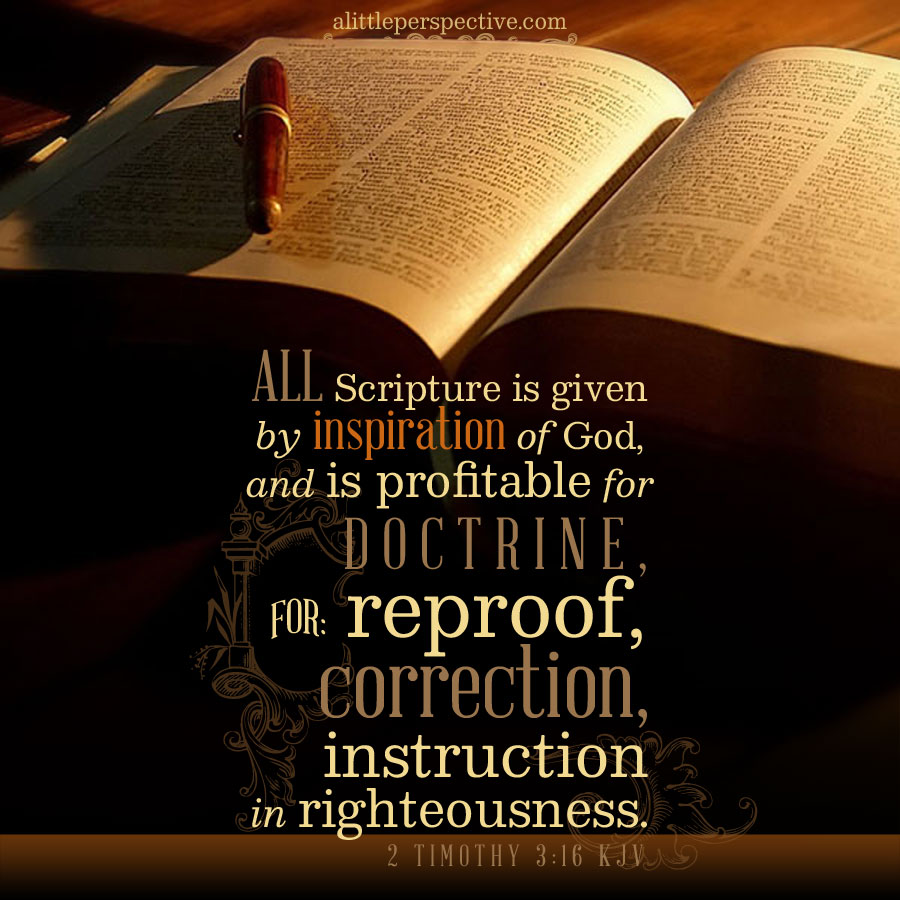 We are Bible believing, scripture only people. We love to learn about the Hebrew roots of our faith. We believe it is important to not add or subtract from the Divine Word of God. The compiled scriptures that agree with one another and have no contradiction is the 66 books of what is commonly referred to as the Christian Bible, or the Holy Bible.
We are Bible believing, scripture only people. We love to learn about the Hebrew roots of our faith. We believe it is important to not add or subtract from the Divine Word of God. The compiled scriptures that agree with one another and have no contradiction is the 66 books of what is commonly referred to as the Christian Bible, or the Holy Bible.
These writings were originally written by men inspired by God. They were written in the language of the writers and readers of the original documents. Many of the original documents have been lost, but God’s Word is eternal and remains. Therefore, it is important to us to study, learn, and consider the culture, history, and language of the original writers of the scriptures.
In our studies we have learned that the true name of God is Yehovah, and His son, our Messiah, is named Yeshua. Therefore, as you read our posts we will use the Hebrew names of God and our Messiah.
Popular Posts
- Whole Bible Believer, Torah Observant Christian
- Parenting an Adult Child that is Disrespectful and…
- Thinking on Sign on the Hand, Symbol on the Forehead
- Homeschooling Torah (my official review of the best…
- Copying the Bible (FREE Homeschool Copywork guide printable)
- What was Job’s sin? Why did God let Job suffer…
- Demons, devils, spiritual beings, real or not real???
- Christmas, a Biblical Perspective
- Fall Feast dates 2023!!! It’s Coming!!!!
- Oh, Be Careful Little Mouth What You Say
Categories
- 40 days of Prayers for my Husband
- Adoption
- All about Animals
- Baking
- Bible Reading Challenge
- Biblical Living
- Biblical Marriage
- Birth Stories
- Carman Family Life
- Carman Farming
- CEF (child evangelism fellowship)
- Color Thru the Bible
- Copy Work
- Danger of Homeschooling Series
- Day in the Life of a Big Family
- Dyslexic perspective
- Fall Feasts
- Family
- Family Rule Book
- For My Children
- God's Calendar and Biblical Feasts
- Gospel of Yeshua Messiah series
- Holidays
- Home Discipleship
- Home Schooling
- Homemaker
- Journey series
- Journey to Redemption
- Katie, the Cleaning Lady
- Katie's Ramblings
- Kid Posts
- Mental Health
- Name Series
- Organization (Hirn Helpers)
- Parenting
- Popular Posts
- Prayer Challenge
- Prayer Challenge for the Children
- Praying the Fruit of the Spirit
- Rachel's Writings
- Sabbath
- Spiritual Warfare
- Spring Feasts
- Ten Days of Prayer Challenge
- Torah Talk
- Torah/Bible
- Tyler's garden
- Tyler's Tidbits
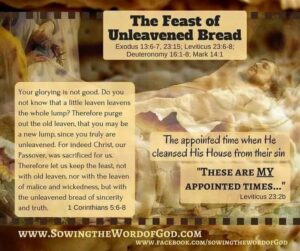
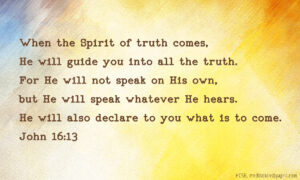







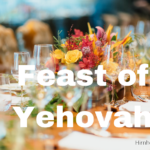
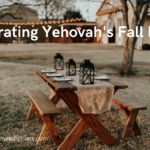
Leave a Reply